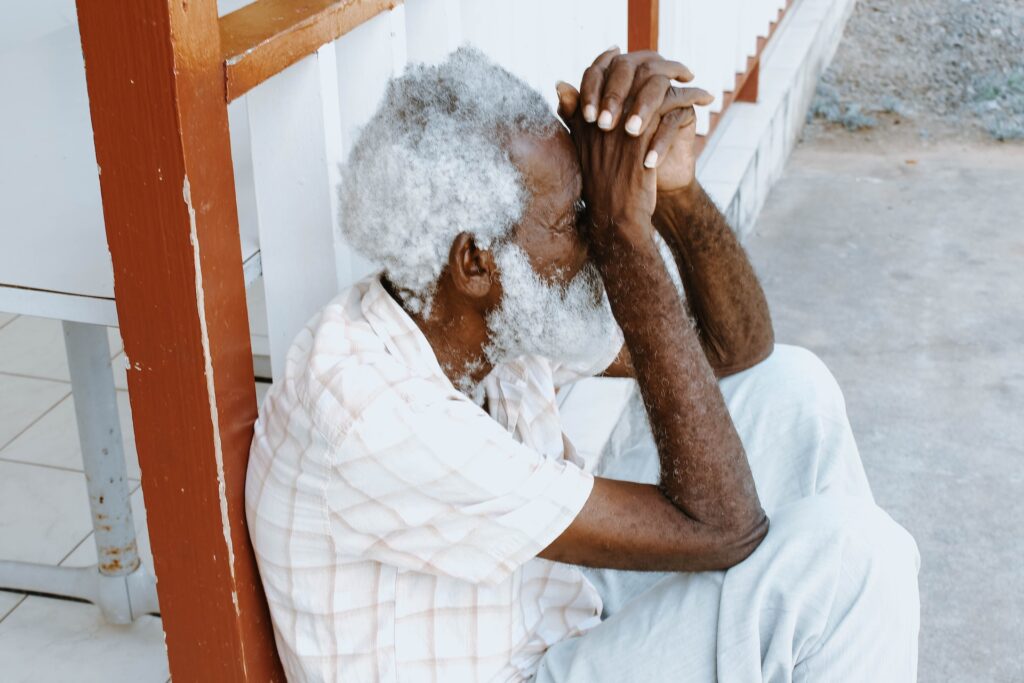Nursing Home Abuse: What Is It and How to Stop It – Part 1
Nursing homes provide long-term care for elderly individuals and those with disabilities who require assistance with daily activities. Unfortunately, many vulnerable individuals suffer mistreatment in these supposedly safe spaces.
This article will define nursing home abuse, the different types, and the warning signs. Return for part two of our blog series, where we’ll explain why these cases happen, how to report them, and how to prevent future incidents.
What Is Nursing Home Abuse?
Elder abuse is when a caregiver or anyone else intentionally or negligently harms or endangers a vulnerable adult. Nursing home abuse is a form of elder mistreatment that can result in severe physical injuries, emotional trauma, and even death.
5 Types of Nursing Home Abuse
After defining nursing home abuse, this section will enumerate the different types of mistreatment that you should immediately report.
1. Physical Abuse
Physical neglect and abuse in nursing homes mean depriving residents of basic needs and using physical violence or restraints. Staff, family members, and other residents can be the primary abusers.
2. Sexual Abuse
Molestation is any unwanted or forced sexual contact that’s rampant among older individuals. Indications of sexual abuse include bruises on the genitals or breasts and sexually transmitted infections (STIs) without apparent explanation.
3. Emotional Abuse
This mistreatment involves verbal abuse, insults, harassment, yelling, threats, and depriving someone of their dignity. It’s the most common type of elder abuse, with almost a third of nursing home employees admitting to emotionally abusing patients.
4. Neglect
Neglect is when a caretaker doesn’t provide food, shelter, medical care, or protection. It can lead to bedsores, infections, malnutrition, dehydration, choking, and clogged breathing tubes.
5. Financial Exploitation
Financial exploitation means stealing or misusing funds or property, and older people are vulnerable to financial fraud, especially those with dementia. For instance, officials convicted a Pennsylvania nursing home employee of stealing over $500,000 from residents by forging their signatures on checks and cashing them.
8 Warning Signs of Nursing Home Abuse
Here are the eight warning signs of nursing home mistreatment you should never ignore.
1. Frequent Slips and Falls
Staff members must closely watch vulnerable residents at risk of falling because slips and falls can quickly lead to death. Remember that frequent slips and falls may indicate elder abuse or neglect.
2. Malnutrition or Dehydration
Neglect in nursing homes can lead to dehydration and malnutrition in elderly residents, which can cause serious health problems and death. Symptoms include weight loss, fatigue, weakness, jaundice, white fingernails, and bedsores.
3. Bruises
Older people bruise more quickly because of their thinner and more delicate skin tissue and the use of blood thinners. Although these injuries can occur without neglect, be vigilant about recurring bruises or ones on wrists or ankles because they may indicate abuse.
4. Fractures
Broken bones and bruises in nursing home residents are signs of physical abuse, which usually happen because of falls.
5. Bedsores
Bedsores are painful and discolored skin that develops when someone remains in one position for too long. They indicate neglect in nursing homes and can lead to serious medical complications or death.
6. Incorrect Medication
If the nursing home staff gives your elderly loved one incorrect or lacking medication, it could be a sign of elderly abuse and show that the facility hired the wrong person. Red flags include behavioral changes, weight loss or gain, confusion, memory loss, and lethargy.
7. Withdrawn Behavior
Withdrawn behavior in elderly individuals can be a sign of elder abuse. However, it can also indicate a cognitive decline, so you shouldn’t readily dismiss it.
8. Anything That Seems Off
If something seems off with your loved one, trust your gut and report to authorities to investigate your concerns further.
Spotting the Warning Signs
No elderly individual should suffer abuse and neglect because they can negatively affect their health. You can save them by educating yourself about the different types of mistreatment and spotting the warning signs. Return for part two of our blog series, where we’ll explain why these cases happen, how to report them, and how to prevent future incidents.
If you need a respected nursing home abuse attorney, call Circeo Law Firm! Our law firm will aggressively advocate for your rights to help your loved one get the justice they deserve. Schedule a free consultation now!

